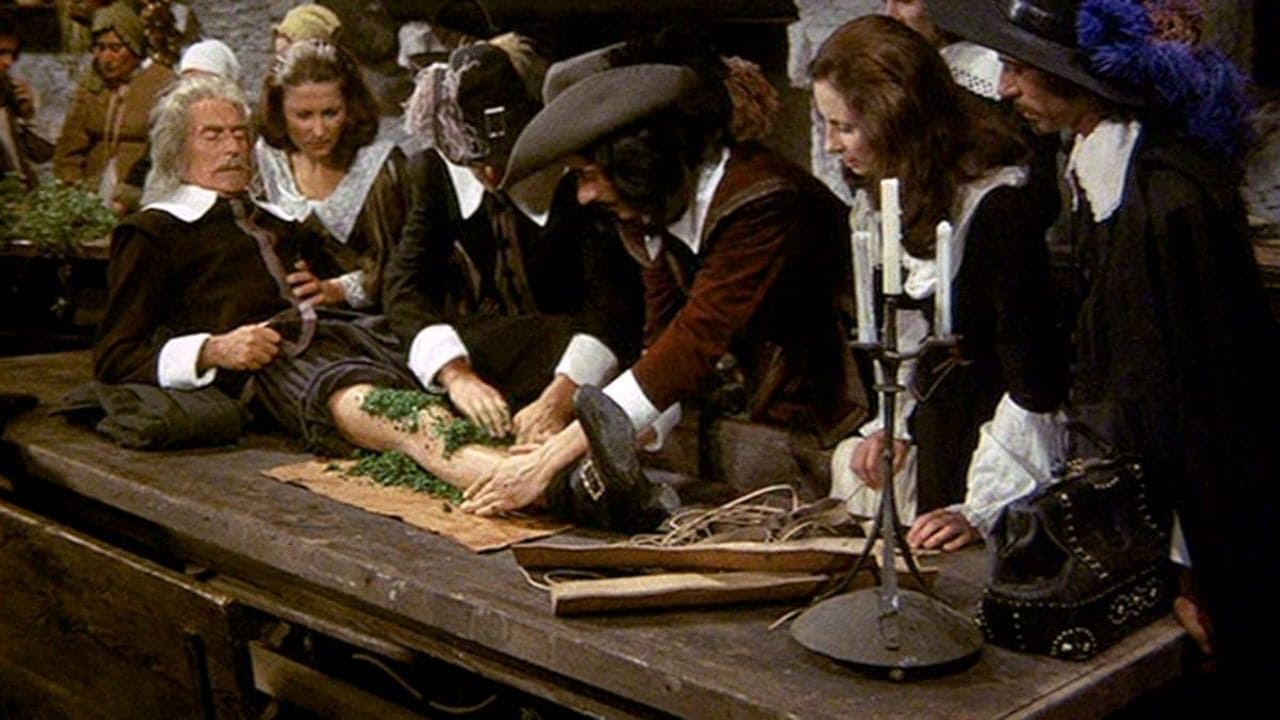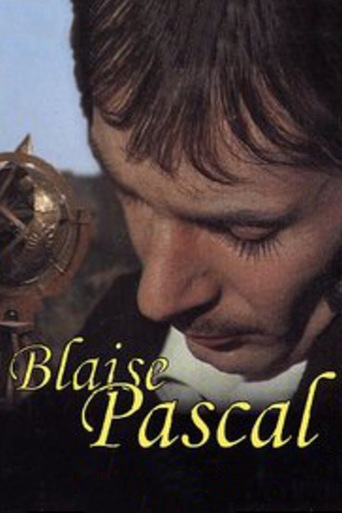

Blaise Pascal died at the age of 39 in 1662, a contemporary of René Descartes. We don't hear nearly as much about Pascal as we do about Descartes. Of course Pascal never said anything as memorable as "I think, therefore I am." But he DID say something like "the heart has its reasons which the mind will never know" and "men never do evil so completely and cheerfully as when they do it from religious conviction" and (my favorite)"Nature is an infinite sphere of which the center is everywhere and the circumference nowhere."It's my favorite because I don't understand it. I can't tell whether Pascal was channeling Euclid or Joseph Campbell was channeling Pascal.Of course that's neither here nor there. Pascal came from a sort of upper-middle class French family, not overly liked because its Catholocism was at the time démodé. However the kid was a genius. It's impossible to list his achievements which ranged from the material to the philosophical. He has several things named after him -- units of measurement, mathematical tricks, and the like -- and even a spiritual notion called "Pascal's choice." Pascal figured that you could either believe in God and act accordingly -- or not. If God didn't exist, the outcome would be the same, but if he or she DID exist, then believing would get you into heaven, while disbelief would take you elsewhere. I'm vulgarizing all this, naturally. For a fuller analysis, kindly read my forthcoming tome that explains everything, "I, Who Know Nothing."The movie. Made for TV although you'd never know it. The production design is exquisite. And the actor who portrays Pascal, Pierre Arditi, bears a striking resemblance to the death mask Pascal left behind. He was always sickly, and Arditi gets this across too. He's often too weak to walk unaided, and his head is declined sideway so that it seems almost to be resting on his shoulder. His sickness wasn't feigned either. Nobody's head is wrenched off, yet it's a very engaging film. Roberto Rossellini has done a fine job of directing it. No point is spelled out in capital letters but only handed to the viewer matter of factly. Did you know that Pascal built one of the first computers, a bread-box sized device that could do arithmatic up to and incuding multiplication? I didn't.
... View MoreBlaise Pascal struggles to understand the natural world around him, in addition to an inner quest for religious faith.When you say "made for TV", that general gives the impression it will be of a lower quality. At least traditionally; today's television is on par with the cinema. Now, "Blaise Pascal" is different, because this is high-quality and directed by Roberto Rossellini. Wow.Pascal is an interesting person to make a film about, because he was hugely influential in religion and science... but today seems more or less forgotten. He had a programming language named for him that no one uses anymore. And he is featured in philosophy classes for his "wager", though the logic behind it is flawed. Who today has read his "Pensees"?
... View MoreOkay we don't want an encyclopedic knowing for its sake, this was a point in Rossellini's previous film on Socrates. We want to swoop into things to find limits worth pushing against; the difficulties of truth, touch, clarity.This is Rossellini's own roundabout approach. He sets up historic times in collapse so that we'll draw up a response, see it in effect. They're more than about ideas and history, though these are center stage. They're about men trying to embody ideas, make life out of them, practice reason rather than explain about it. Here we have a man of powerful reason, a mathematician, who turns to god as the only refuge from meaningless existence. (We think these to be strange bedfellows, reason and faith, they're not for Rossellini. They were no more separate for scientists of the era; it's actually at around this time, the 1600s, that they begin to part ways. It was subsequent generations that posited a clockwork universe without a clockmaker. Suffice to say that science can't say anything about god; what did become obvious was books that could no longer be seen as more than myth and metaphor and a hypocritical hierarchy in charge.)This is all in a late medieval world where someone can arrive at a remote place and with a document at hand, the King's orders, simply assume authority and (unfairly) tax people, where the witch trial of an obviously disturbed woman is sped up to facilitate business. These are the limits of world then: one that is both stable enough and deeply irrational, much like our own then, where man can employ reason to make astonishing discovery about nature, and yet find reason incapable to explain beyond itself. Oh Pascal has to fight ignorance and prejudice but this can be waved off as a temporary setback; the real vexing question is what does it all amount to?The discovery that prompts the inner turmoil is the vacuum, this is contrary to the old Greek notion then hallowed by tradition in the universities that nature (by extension god) abhors one. The implication (not very well conveyed in the experiment) is that something exists which is an absence of something and why would god (by extension nature) do this?The question is how do we handle void in a larger sense? The inability to know all, spontaneity, transience, the corners that hide from reflection. This is the kind of stuff I'm trying to fathom myself. Now I'm a stranger to Pascal so can't say more about his own view. Having god in the thing may alienate viewers, the soulsearch and doubt will be familiar; we see here the onset of the suffering of modern man.Rossellini knew what he was doing. By choosing this man for his subject and choosing to show him in this light, he seems to ask: what good is a god that is merely postponed for a next life, that doesn't ease the mind so that this life becomes clear? (compare with Augustine's faith here). Pascal isn't content and one gets the sense that god is no more soothing for him than his own discoveries.At one point he comes up with an idea for an early system of public transport, effortlessly jots down the plans, it's a success, people congratulate him; unlike his private ruminations, here's a practical response that makes life better for people; and yet he seems neither happy nor particularly interested, it was no more than a pastime for him, insignificant compared to the great questions.But what good is a life that isn't replenished in doing? Still there is a notion that if only we could know everything, that would explain life. Rossellini picks this up in his Cartesius, even more subtle than here.
... View MorePossibly the most beautiful of Rossellini's "history" films, now available on DVD, and most welcome. The subject matter might seem more likely for Bresson -- the religious and intellectual trials of a 17th century Jansenist -- and indeed this film feels quite Bressonian. With the enormous and unexpected success of "La prise de pouvoir par Louis XIV," Rossellini seems to have discovered a way to make historical films that are at once sober and informative yet at the same time intriguing as dramas of internal conflict and growth. "Blaise Pascal" is probably his most austere film (though visually sumptuous), its external conflict consisting of little more than the vain efforts of Pascal's family to keep him from overwork. And yet one becomes deeply involved in Pascal's conflicts. I saw this wonderful picture shortly after it came out (at the MOMA in New York) and it made a profound impression. I am happy to say that my evergreen memory was not in the least tarnished by a re-viewing.
... View More